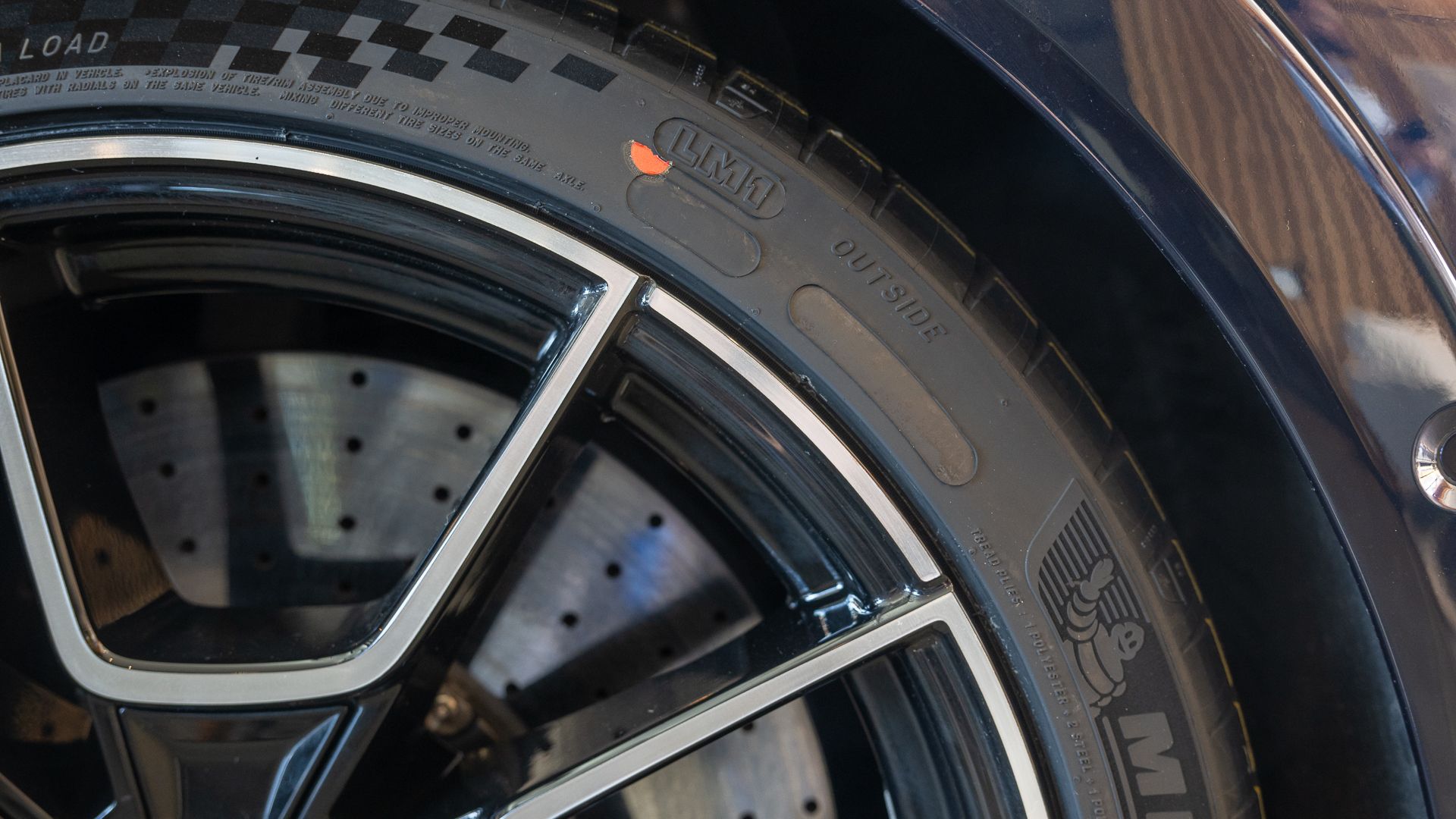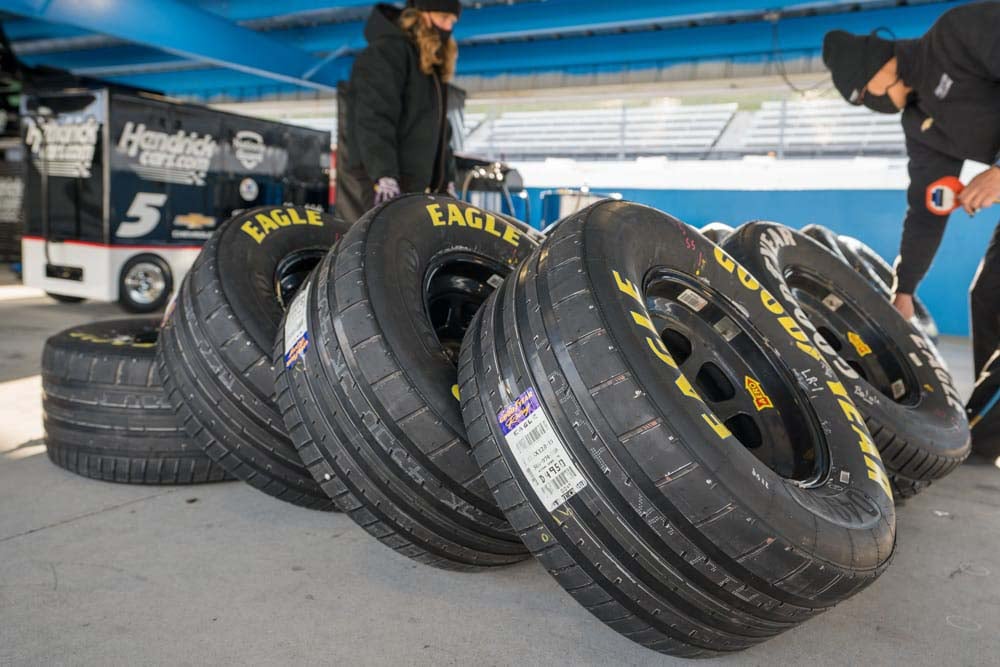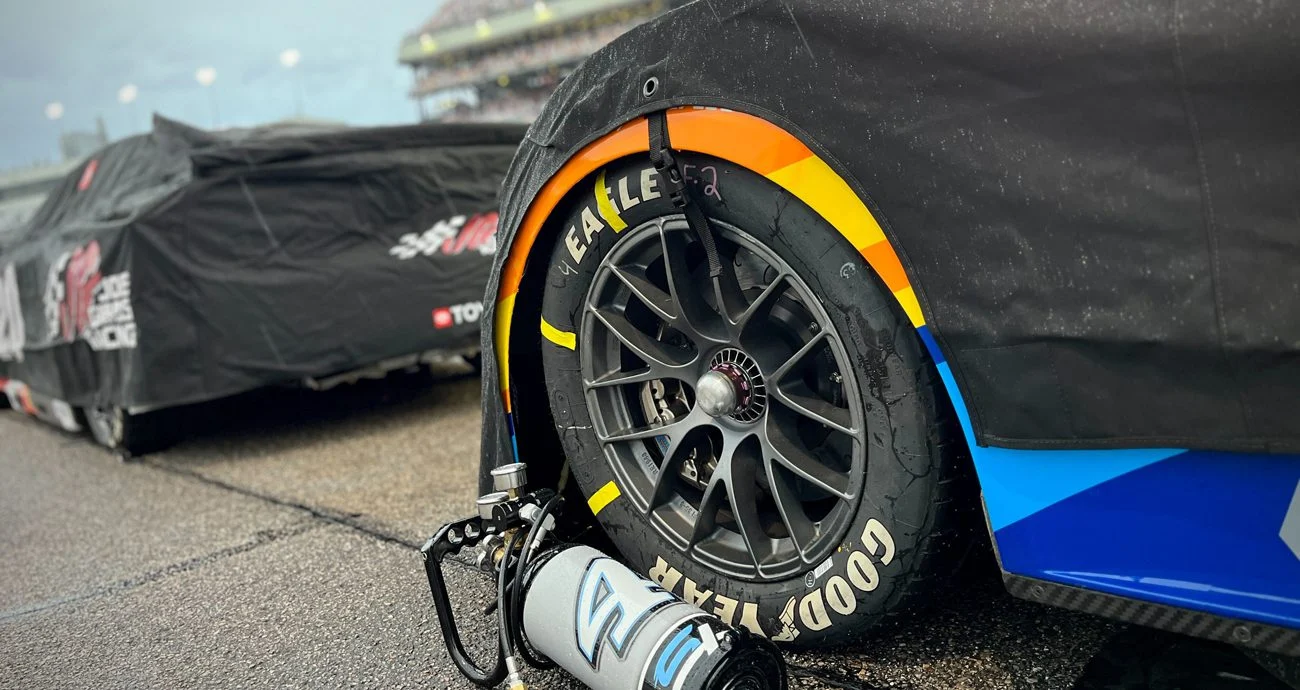Ever feel like your EV eats tires for breakfast? It’s not your imagination! Those heavy batteries and lightning-fast acceleration put a strain on your tires, making them wear out faster than on a gas-powered car.
But there are ways to extend the life of your EV’s tires and keep yourself rolling for miles to come.
Your EV came with special low-resistance tires that can handle the extra weight. When it’s time for replacements, don’t just grab any old tire. Stick with these specially designed EV tires to maintain good grip and get the most mileage out of them.

Pump Up Those Tires (Regularly!)
Checking your tire pressure is even more important for EVs than gas-powered cars. Why? Because EVs don’t need oil changes, which is a time when regular cars typically get their tire pressure checked.
Under or over-inflated tires wear out unevenly and much faster. To avoid this, get in the habit of checking your EV’s tire pressure every three months, especially if you live in an area with changing seasons. Temperature fluctuations can affect the air pressure in your tires, so seasonal adjustments might be necessary.

Rotate Those Tires
Just like checking tire pressure, rotating tires is another service that traditionally happens during oil changes for gas-powered cars. Since EVs skip the oil change routine, it’s on you to remember to rotate your tires. Aim to do this at least once a year.
Rotating your tires helps spread out the wear and tear evenly across all four of them. There are different rotation patterns, but a common one is called a “rearward cross.” Here’s how it works: the front tires move straight back to the rear on the same side, while the rear tires move forward and switch sides. This ensures all your tires experience different types of wear and tear over time, extending their overall lifespan.

